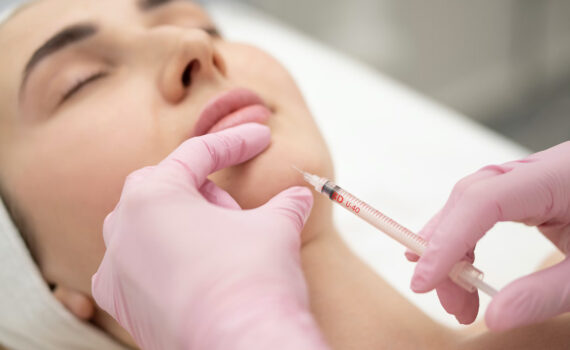
How Risky Is Chin Augmentation Surgery
Chin augmentation surgery has gained popularity in India and across the globe in recent years as an option for enhancing one’s facial appearance. This procedure involves reshaping or enhancing the chin using various surgical techniques.
The procedure provides multiple significant aesthetic benefits, helping people to achieve their desires and build up their confidence. However, just like any other surgical procedure, there are some risks and potential complications you should be aware of before getting the procedure done. Check them out below.
Risks Associated with Chin Augmentation Surgery
Infection -Just like with any other surgical procedure, chin augmentation carries a risk of infection. Professional surgeons like Dr. Debraj Shome take precautions such as using sterile instruments and maintaining a sterile environment during the surgery to minimize this risk.
Swelling and bruising – Swelling and bruising are common side effects of chin augmentation surgery. These effects are temporary and can be easily managed.
Pain and discomfort – Patients may experience pain and discomfort which can also be managed with prescribed pain medications and should gradually subside as the healing process progresses.
Numbness – Some patients experience numbness in the chin or lower lip area due to nerve manipulation during surgery. This numbness is usually temporary in most cases but can also last for a few weeks to several months in some cases.
Implant shifting or malposition – In cases where chin implants are used, there is a risk of implant shifting or malposition, which can lead to an uneven or unnatural appearance. If this happens, a follow-up procedure may be needed to correct it.
Scarring – Skilled and experienced professionals make the incisions discreetly to ensure minimal scarring. However, there is still potential for scars to be visible. The extent of scarring can vary based on the surgical technique used.
Unsatisfactory results – Sometimes patients aren’t satisfied with the results of chin augmentation surgery. That is why it is important for individuals to have realistic expectations and communicate their goals clearly with the surgeon during the consultation.
Allergic reactions – In rare cases, patients may experience allergic reactions to materials used in chin implants.
Complications with anesthesia – General or local anesthesia is administered during chin augmentation surgery to make the process comfortable and painless for the patient. While rare, complications related to anesthesia can occur and should be discussed with the practitioner beforehand.
Revision surgery – In some cases, patients may require revision surgery to achieve their desired results or to address complications, which can introduce additional risks.
Recovery Tips for Chin Augmentation Surgery
Follow post-operative instructions – Your surgeon will provide you with specific post-operative care instructions. Make sure to follow them to the core to ensure a smooth recovery.
Rest – Give your body time to heal by getting plenty of rest, especially soon after the surgery.
Pain management – You may experience some pain or discomfort after the procedure. Your surgeon will prescribe or recommend pain medications. Take them as directed.
Swelling and bruising – Swelling and bruising are common after chin augmentation surgery. You can apply cold compresses to help reduce these symptoms.
Head elevation – Keep your head elevated, even while sleeping, to help minimize swelling and improve blood circulation.


